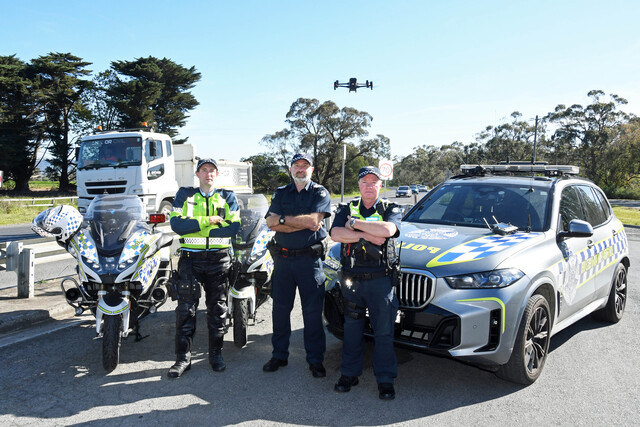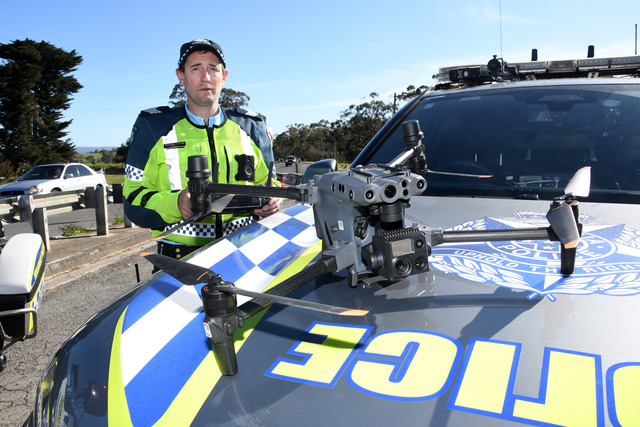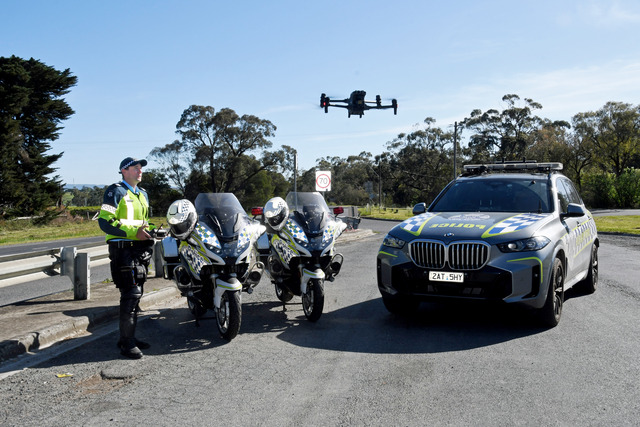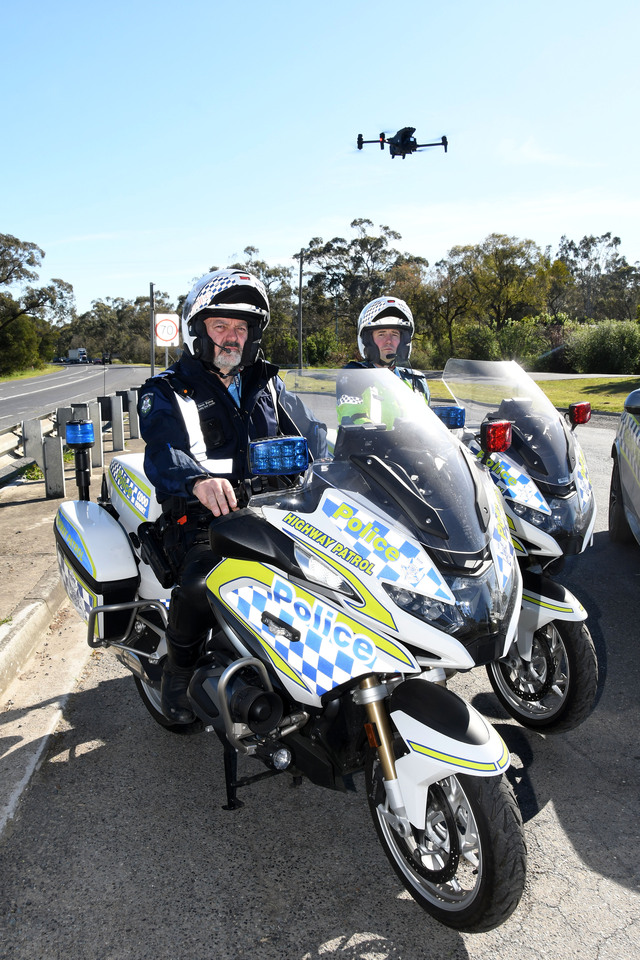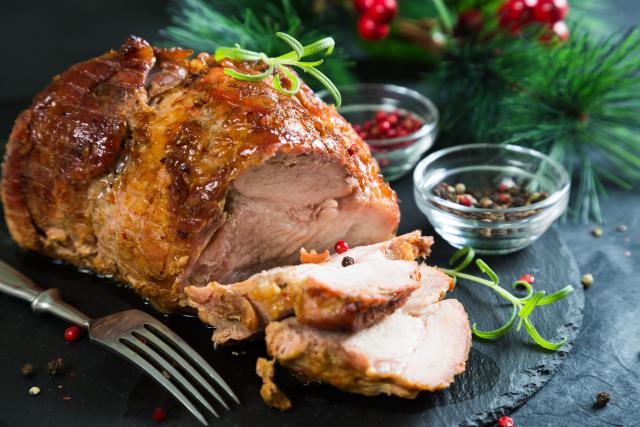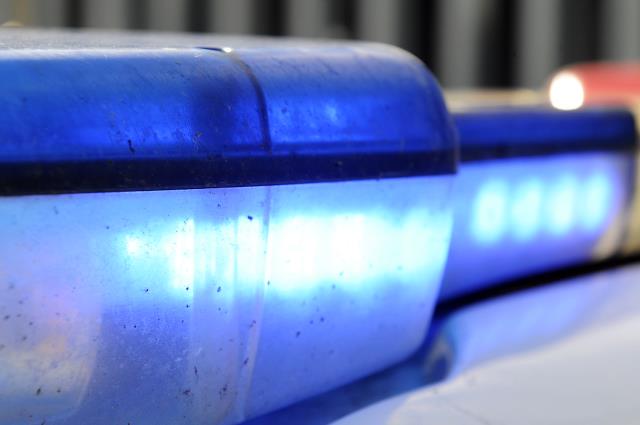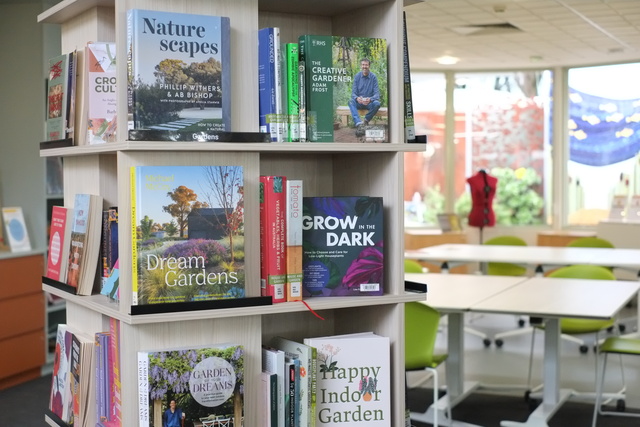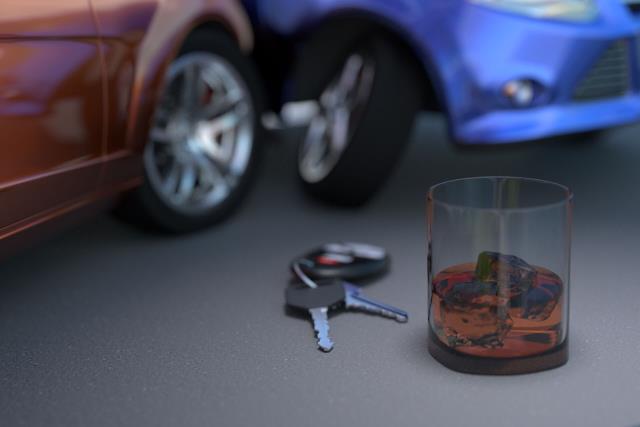Spring and summer present greater opportunities for motorcyclists to get out on the roads, but it also leaves them more vulnerable to collisions.
For the next three months, Yarra Ranges Highway Patrol will be running two operations, apex and aero, primarily targeting solo riders in an attempt to reduce road trauma.
Eastern Division Two Highway Patrol Station Commander Senior Sergeant Brendon De Schwartz said motorcyclists tend to be overrepresented in collisions come the warmer months.
“In the warmer weather, our serious injuries, collisions and fatalities increase quite significantly,” he said.
Using everything the police have at their disposal, including highway patrol vehicles and solo units, these operations will also be supported in the sky by way of drones.
“One of the aspects of the operation is the ability to use technology, like drones, to help us with law enforcement,” Snr Sgt De Schwartz said.
“The drone unit has been around for about five years, but it’s probably relatively new what we’re doing; we’re probably pioneering using drone technology in this operation.”
Number plate recognition technology will also be a key aspect of the operations.
Yarra Ranges Highway Patrol Acting Sergeant Mick Pryor said state highway patrol officers will be assisting, the idea being to flood the area with a police presence.
“The more police they can see, the greater the perception is that they might be pulled over or caught for something,” he said.
Acting Sgt Pryor said the collision data in the region is up, especially for motorcyclists, so police will try anything to bring it down.
“The trauma that actually hurts us the most is all the motorcycle collisions we have,” he said.
While solo riders are the primary focus, Acting Sgt Pryor said that doesn’t mean other drivers can be complacent.
“We’re mainly concentrating on the main thoroughfares, the main highways. But that’s not to say these guys won’t start targeting the inner areas as well, and we’ll also pick up drivers for phone offences and seatbelt offences.
“Road safety is everyone’s responsibility.”
Acting Sgt Pryor said this is “a first start in trying to reduce the collisions”, and should the operations be successful, highway patrol will look at further ways to combat road trauma.
Snr Sgt De Schwartz said for people who are tempted to do the wrong thing on the roads, they should also be aware of the consequences.
“This is about us trying to be proactive in our road safety strategy. Solo riders in the warmer months become one of our highest-risk categories of drivers on the road,” he said.
“The enforcement options that we’re doing with this are trying to deter high-risk riding behaviours and reduce our serious collisions and fatalities.
“There’ll be education when the members intercept drivers, but I suppose the bottom line is, the riders also need to be mindful that, if it’s appropriate, we’ll be impounding their bikes and then they’ll be going to court facing those charges. So, understand that we will impound their motorcycles.”

